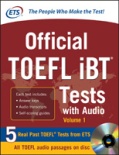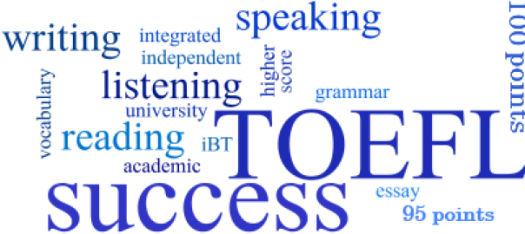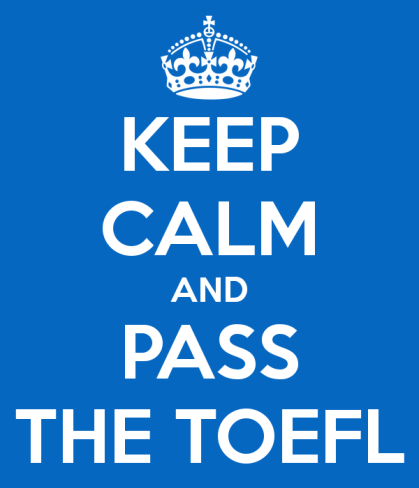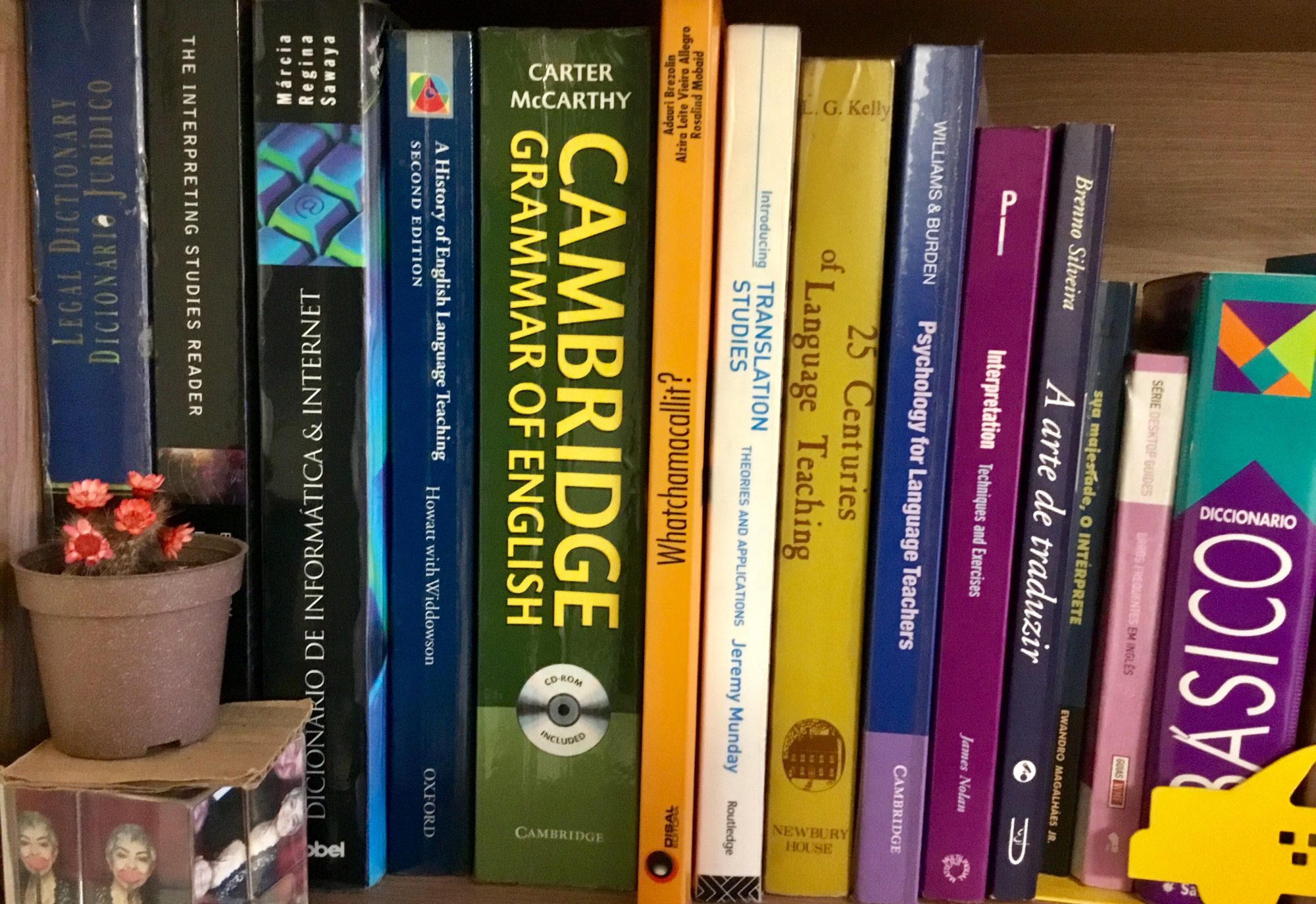How can you measure the level of communication skills a person has? Can they write? Can they read and interpret a text? Can they understand what they’re told to do? Can they express their thoughts in a clear and objective way? Well… that’s a tough task in your mother tongue. Imagine in a second or third language.
I’ve never been much of a supporter of language exams conveying the idea that Language is just one more school subject in which you must have high scores. And it feels like it’s just one more scheme for publishers to milk money off potential victims.  You and I know that language is much more than 101 points on TOEFL (out of 120), for example. But the reality is that there is a need for more objective and fast assessment tools for specific purposes; and exams still are the tool du jour to do that.
You and I know that language is much more than 101 points on TOEFL (out of 120), for example. But the reality is that there is a need for more objective and fast assessment tools for specific purposes; and exams still are the tool du jour to do that.
TOEFL stands for Test of English as a Foreign Language. Today the TOEFL iBT (internet-Based Test) is the most used tool to measure the student’s ability to use and understand English at the university level in North America. And it evaluates how well they combine their listening, reading, speaking and writing skills to perform academic tasks. 
So… when a former student, Vitoria, contacted me and asked me for some classes to prepare for the TOEFL I was a little hesitant and tried to come up with excuses not to take her on. I said that I like to teach real-life communication not preparatory tips and schemes to reach a high score in a test; I didn’t have an open slot for a new student; I only teach from home; Etc. But how can a teacher say No to a student? Answer me that if you can.
I took the TOEFL back in 1987/88, not yesterday you could say, a time when no computers were used (yes, Dinosaurs also have feelings) – you would receive a booklet with the questions and an answer sheet and be interviewed by a real teacher. Maybe a little more nerve wrecking than just recording yourself.
As in all exams, the goal is to narrow as much as possible the scoring criteria, so even if you come up with a question such as “What’s the meaning of life” – the examiner will be looking for very specific content.
In Reading, Writing, Speaking and Listening, summarizing is a highly valued skill and connecting the dots in order to answer what has been asked.
A key point is: Make sure TO ANSWER THE QUESTION.
In the Writing Section the student will be judged based on their development, organization and language use.
In the Speaking Section, the students will be analyzed based on their:
Delivery – clear, fluid, pronunciation, intonation, pace
Language Use – grammar and vocabulary – apparently raters love some connecting words and phrases such as:
- because
- so
- after that
- on the other hand (which is a very good phrase and requires attention because many students still say “IN the other hand/way/side”)
- I want to mention
- what this means is
Topic Development – fully answered, clearly expressed, connected ideas.
What this means is…
- don’t speak too quickly
- time yourself when you practice
- listen carefully
- summarize the opinions.
So… my best piece of advice for my students is: practice, practice, practice. Make the language your constant companion. And shine on.
Cheers,
Mo


